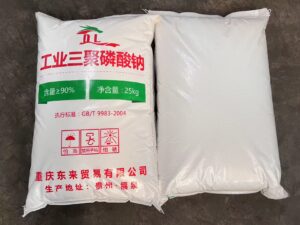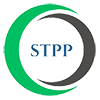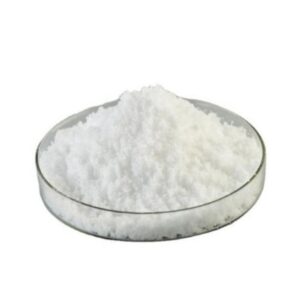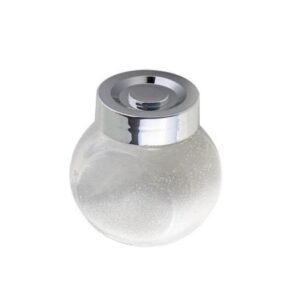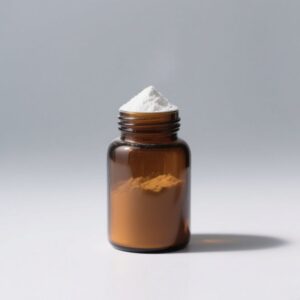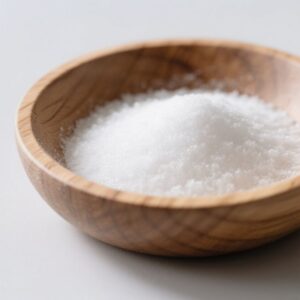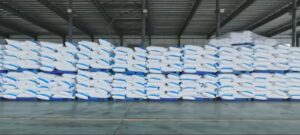As the early winter air settles in, the bustling production lines of Goway Fuquan are in operation at its facility in the Luowei Tang Industrial Park, Fuquan City, Guizhou Province. From large machines to workers efficiently managing production, the atmosphere is filled with the hum of activity. Towering nearly 20 meters above, a production equipment building stands as the heart of the plant, where raw yellow phosphorus undergoes a high-temperature transformation.
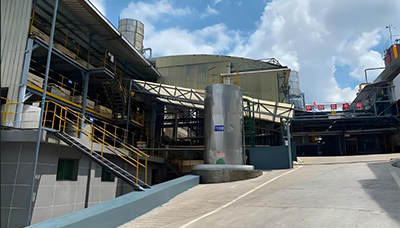
At Goway Fuquan, we utilize a specialized electric heating method for phosphorus production. This allows for the daily “rebirth” of 140 tons of liquid yellow phosphorus in the high-temperature furnace, reaching temperatures above 1,400°C. The process also generates phosphorus gas and silicate, which, after cooling, form solid yellow phosphorus and various phosphate-based products for further processing.
Our core business model focuses on the “multi-use” of raw materials and waste. For instance, every ton of yellow phosphorus produced results in 8 to 10 tons of yellow phosphorus slag, a hazardous waste that, if improperly disposed of, could damage the environment. Instead, we convert this byproduct into valuable resources, creating products like sodium tripolyphosphate (STPP), formic acid, potassium formate, and fine powders.
One of our primary examples is mud phosphorus, a significant solid waste in yellow phosphorus production, which is rich in phosphorus but also contains substantial water content. We create one of our core products—sodium tripolyphosphate (STPP)—by reacting it with phosphorus tail gases and sodium phosphate. This high-value product serves the metallurgy, food processing, chemicals, and mining industries. Additionally, we produce ceramic-grade sodium tripolyphosphate, which has become one of our flagship products, dominating over 70% of the national market in its category.
Our dedication to “waste-to-resource” processes doesn’t stop with slag. Through specialized processes like vertical grinding, we combine the yellow phosphorus slag with limestone and steam to produce phosphate slag powder. This material replaces part of the cement in concrete, significantly lowering construction costs. It’s also utilized in manufacturing products like glass, rubber, paints, and electrical components.
Beyond the effective use of waste, Goway Fuquan has made great strides in water and energy conservation. We recycle production wastewater by allowing sediments to settle naturally, followed by advanced filtration and chemical treatment. This process transforms the wastewater into reusable water, saving the company over 1 million RMB annually on water costs.
Moreover, the high-temperature production process generates substantial residual heat. At Goway Fuquan, we capture this heat and convert it into steam for downstream production processes, maintaining a temperature of about 140°C. We also generate electricity from this residual heat, saving the company over 40 million RMB annually on electricity bills.
Aligned with the goals of the 13th Plenary Session of the Provincial Committee, which advocates for the integration of ecological elements into economic development, Goway Fuquan has successfully turned phosphate waste into a valuable raw material. In the first three quarters of the year, the company utilized 332,000 tons of yellow phosphorus slag, generating a total output value of 756 million RMB. It is expected to surpass 1 billion RMB by the end of the year, contributing over 45 million RMB in tax revenue.
Looking forward, Goway Fuquan will continue to leverage its strong R&D capabilities, advancing a circular economy model based on comprehensive resource utilization and zero-emission production. By refining the processes of yellow phosphorus production and slag utilization, we aim to establish a sustainable, energy-efficient, and environmentally friendly industrial chain, reinforcing our commitment to green development.
